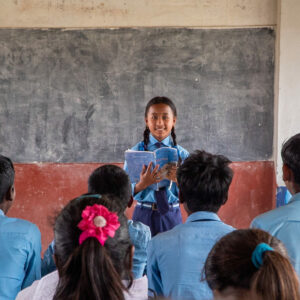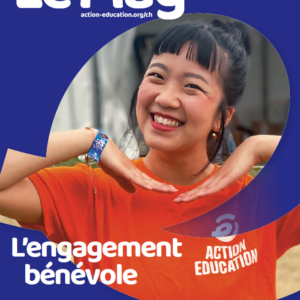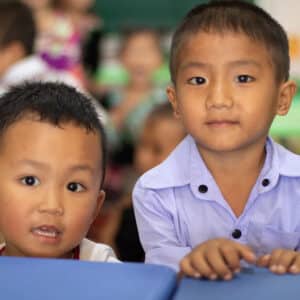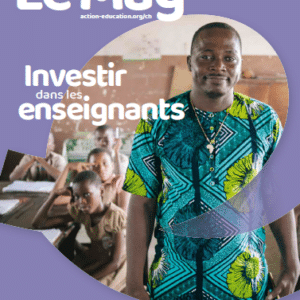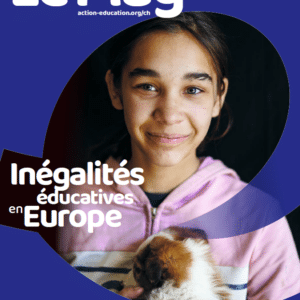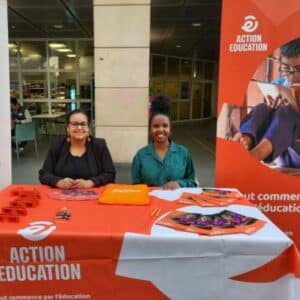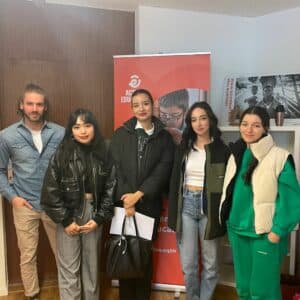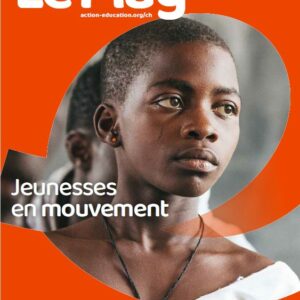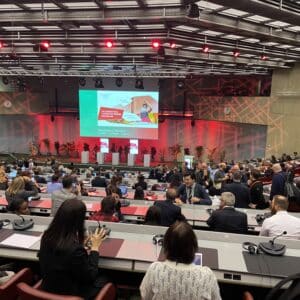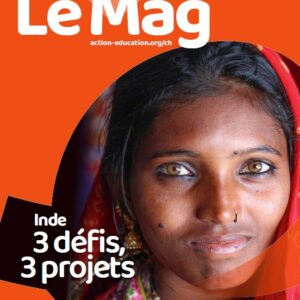In Mali, the issue of school coverage is a serious problem. For children aged 3-6, the national pre-school enrolment rate is barely 5%. In concrete terms, this means that only 1 in 20 children go to school before the age of 6.
Aide et Action's strategy to solve this problem is as follows: "If the children don't go to school, the school comes to the children. What does this mean? Quite simply, it is the families themselves who provide schooling for their children.
The basic situation, although alarming, is not so much due to the poverty of parents as to a lack of mobilisation of community actors, following the policy of decentralisation of education in the country. Malian communes, which are now in charge of pre-school and primary education, give too much priority to primary education. Aide et Action therefore proposes to transfer educational responsibilities to parents themselves.
Started in 2013 in Bamako, in the suburb of Sénou, the project "Amélioration de la prise en charge de la petite enfance en milieu familial" (POUPÉE) is now part of the pre-school landscape in this area, and is bearing fruit while empowering the community.
Despite their parents' poverty, the children learn at home what children from wealthy families learn in pre-school facilities," says Mamadou Coulibaly, a tutor in the project. With this project, we are showing that poverty should not be an obstacle to children's education.
The results are tangible: almost 200 children are now being looked after in their villagesIn addition, some 40 volunteers have undergone specialised training by education professionals to become their tutors.
These educators provide three hours a day of activities for young students focused on the child's healthy development and learning abilities.
The project's approach is very much in line with the realities, which is very important for its sustainability," says Diakaridia Traoré, a municipal councillor. Parental education seems to me to be very important; this project fills a gap left by both the total lack of pre-school infrastructure and the lack of economic resources in the district.
Supported by the Medicor Foundation, the POUPÉE project is designed for the long term, with the objective of contributing to improving the national rate of preschool enrolment in Mali, and therefore access to primary education. It is above all through the involvement and awareness of the communities that this objective will be achieved. For Aide et Action, the community must always be at the heart of the projects.




